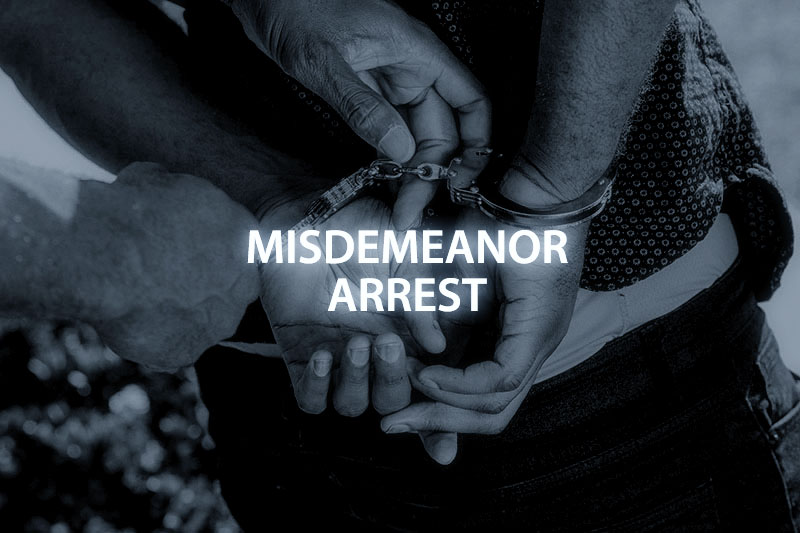When an individual is arrested for a misdemeanor in California, the situation is often stressful and confusing. However, regardless of the charges, every defendant is entitled to certain constitutional protections. Understanding these rights, most notably the Miranda rights, can significantly affect the outcome of the case. In this context, the role of suppression motions emerges as a powerful tool in challenging police procedures that violate due process.
Constitutional Rights and Miranda Rights
The U.S. Constitution guarantees fundamental rights to all individuals, including the right to due process and equal protection under the law. When someone is arrested, these rights are safeguarded by a set of rules and procedures that law enforcement officers must follow.
One crucial component of these rules is ‘Miranda rights,’ which stem from the landmark Supreme Court case Miranda v. Arizona (1966). These rights must be read to a person in police custody before they can be interrogated. Miranda rights include:
- The right to remain silent
- Anything the person says can be used against them in court
- The right to have an attorney
- If they cannot afford an attorney, one will be appointed for them
For individuals facing misdemeanor charges in California, understanding and invoking their Miranda rights is a critical first step in ensuring a fair defense. If these rights are not properly communicated, or if a confession is coerced without a Miranda warning, these violations can be grounds for dismissing evidence or even the case.
Suppression Motions and Their Impact
When constitutional rights are violated during a misdemeanor investigation or arrest, defense attorneys often file what’s known as a ‘suppression motion‘. This is a request to the court to exclude certain evidence from a trial because it was obtained in violation of the defendant’s rights.
A common suppression motion is based on the violations of the Miranda rights mentioned earlier. If law enforcement fails to give a proper Miranda warning and a defendant confesses, this confession may be excluded if the defense successfully argues that the confession was not given voluntarily and knowingly.
Another area where suppression motions are employed is the illegal search and seizure. The Fourth Amendment protects individuals from unreasonable searches and seizures by the government. If evidence is obtained without a valid warrant, without probable cause, or without consent, that evidence might be considered tainted and could be excluded from the trial.
Suppression motions can have significant impacts on a misdemeanor case. If key pieces of evidence are suppressed, the prosecution may have a weaker case, sometimes resulting in reduced charges or even dismissal. This is why investigating the constitutionality of police procedure is paramount in any defense strategy.
Contact Attorney Caryn Warren for Answers!
When dealing with the defense of misdemeanors in California, it’s essential that defendants and their attorneys are vigilant about police procedures. Constitutional rights, particularly Miranda rights, play a vital role in safeguarding the fairness of the criminal justice process. By understanding these protections and using tools like suppression motions, defendants can challenge unlawful police procedures and ensure that their rights are protected throughout the legal process.
In California, and indeed throughout the United States, due process is not just a cornerstone of the legal system; it is the right of every individual. Whether charged with a misdemeanor or a more serious offense, every defendant has the right to fair treatment under the law. Engaging an experienced criminal defense attorney who understands the intricacies of constitutional rights and police procedures is crucial for anyone navigating the criminal justice system.
Personal Injury & Criminal Defense Services Available Throughout
Greater Sacramento, Yolo, Placer, and Solano Counties
Antelope, Arden-Arcade, Auburn, Benicia, Carmichael, Citrus Heights, Davis, Dixon, Elk Grove, Fairfield, Fair Oaks, Folsom, Galt, Gold River, Granite Bay, Iselton, Lincoln, Loomis, North Highlands, Orangevale, Rancho Cordova, Rio Linda, Rio Vista, Roseville, Rocklin, Sacramento, Suisun City, Vacaville, Vallejo, West Sacramento, Winters, Woodland

